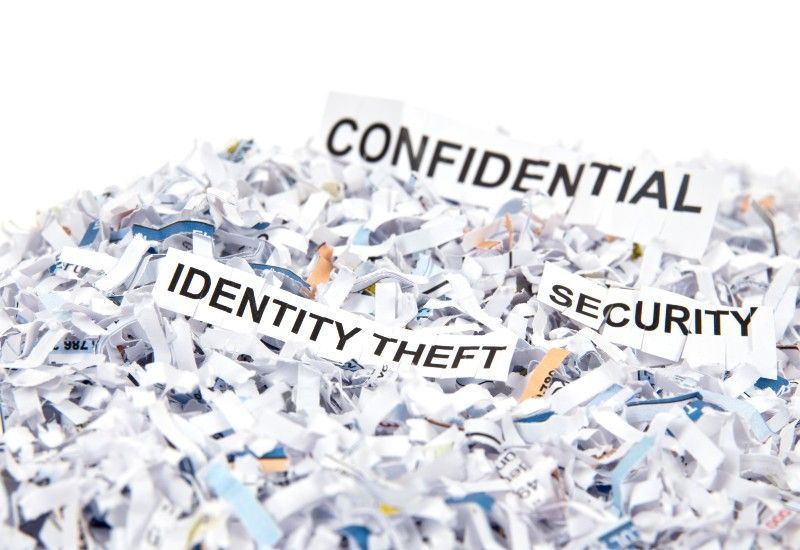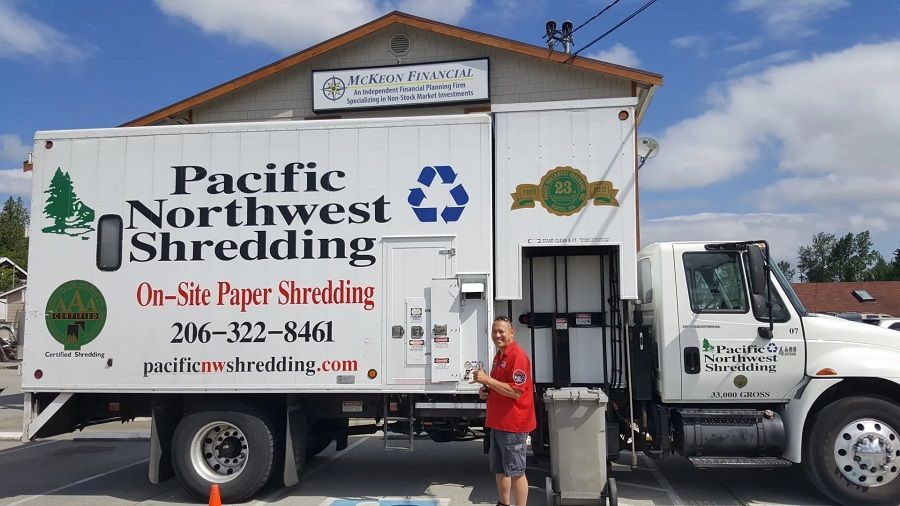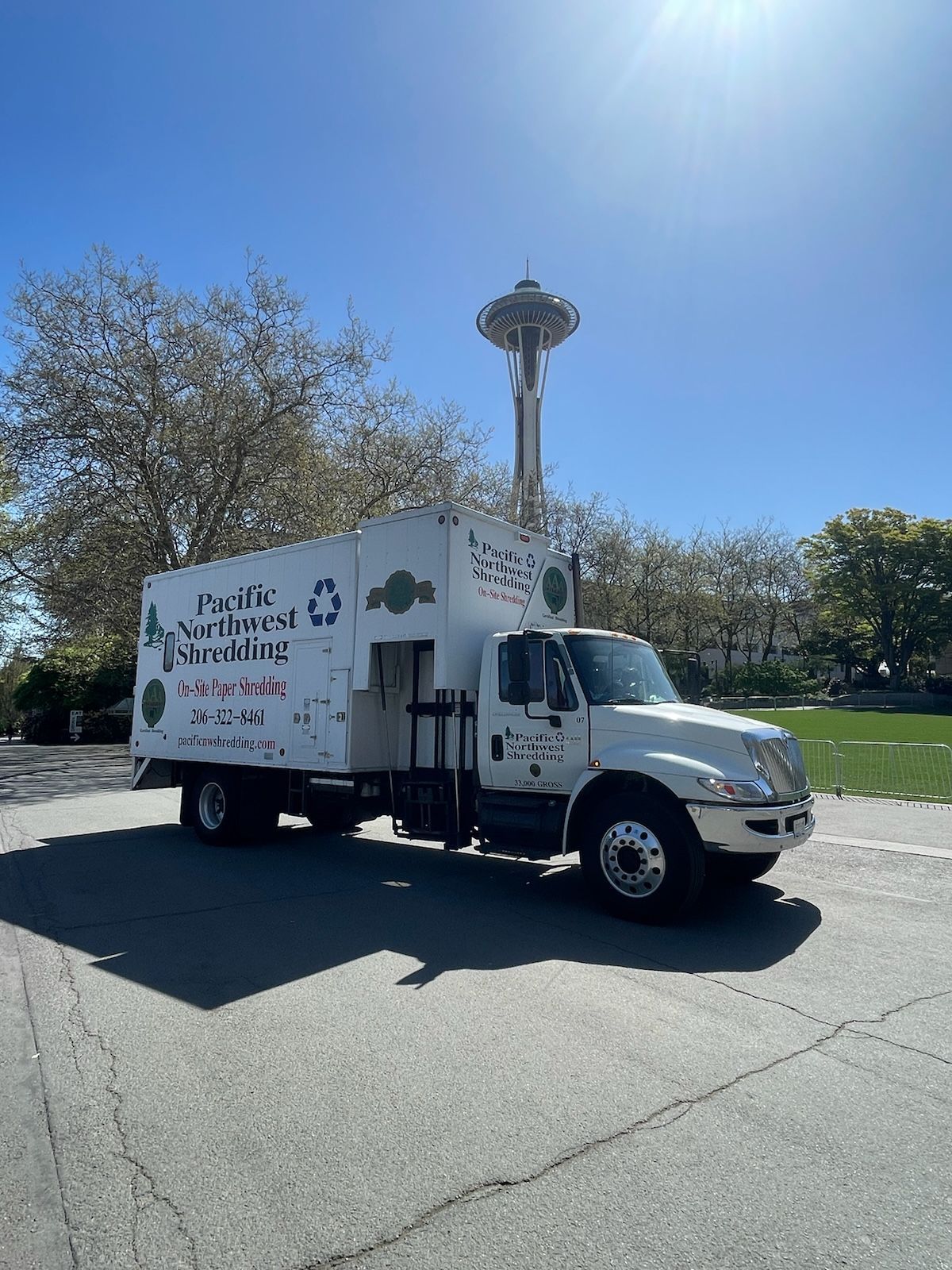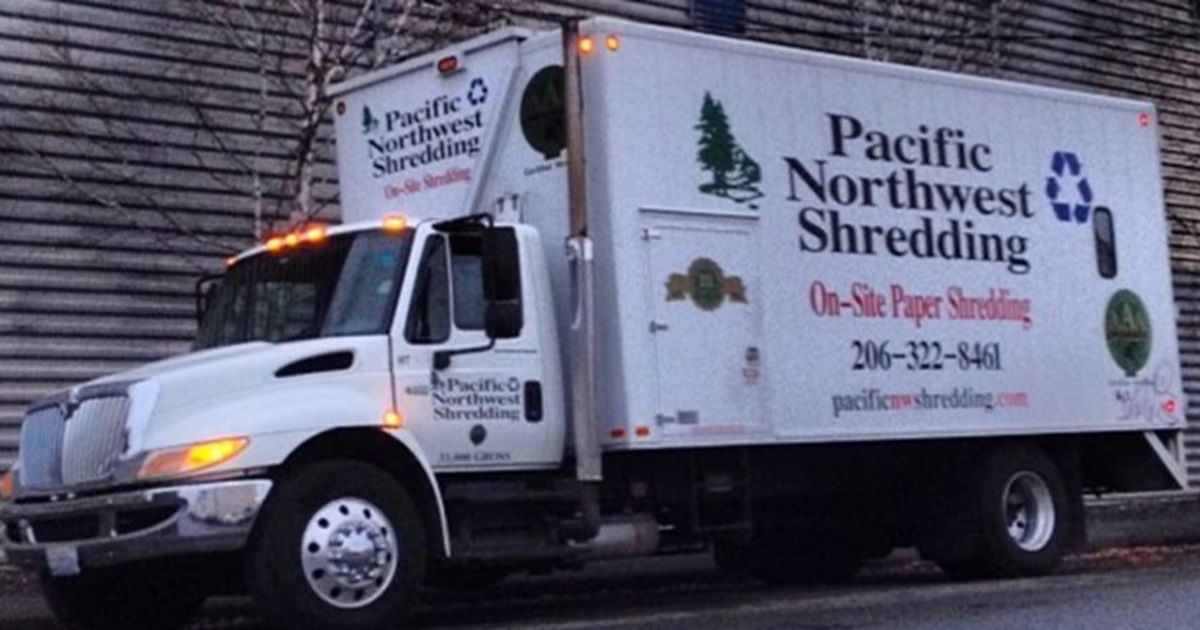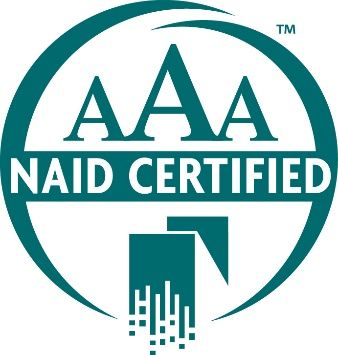How Good Is Your Secure Destruction Program?
Evaluating Your Current Security Measures
Whether an organization is looking to start a secure destruction program or evaluating a program that is already in place, these are the four questions that should be addressed:
1. Are we effectively addressing both our daily and our annual data destruction needs?
Some organizations focus only on the routine destruction of media they generate on a daily or weekly basis but do nothing when it comes to the annual purges of their stored business records. Others securely destroy their stored business records, but allow their daily information generated around their operations to go out with the trash. Clearly, the answer should be that both daily and stored records should be securely destroyed.
2. Are we properly destroying all the various types of media and equipment that require secure destruction?
In today's world, every organization has paper records and computer equipment that require secure destruction. In addition, modern printers, fax machines, and copiers have hard drives or solid-state memory chips that keep a copy of everything running through them. Then there are the memory sticks, digital video recorders (DVRs), and even the network routers that contain sensitive information. Of course, all these other types of confidential media also need to be securely destroyed.
3. Are we minimizing employee discretion in what gets securely destroyed?
If an employee is given more than one way to discard paper and other sensitive media, then the organization is unnecessarily trusting that each employee will make the right decision 100% of the time. To minimize this unacceptable risk, employees should only have one way to dispose of discarded media that ensures it will all be destroyed. The slight cost of destroying non-sensitive information is more than justified by the certainty that everything that should be destroyed is destroyed.
4. Do we have effective (written) secure data destruction policies and procedures?
Despite the fact that all data protection regulations require organizations to have written secure data destruction policies, many don’t. At the same time, the organizations that do have them, often provide insufficient instructions and insufficient internal accountability. This is unfortunate because, if a problem results from improper disposal, showing regulators that written data destruction policies were in place can substantially reduce the regulatory consequences. On the other hand, not having them is automatically deemed negligent. We already know that most organization have some system in place for destroying sensitive media. They just need to take the next step and write it down. Of course, these secure destruction policies and procedures are also going to include the criteria by which secure destruction service providers are selected.
Four questions. That’s it. How’d you do?
If, like most organizations, yours came up a little short, there is no need to fret. Pacific Northwest Shredding has more than two decades of experience in secure destruction. Our staff are among the most well trained and our systems among the most highly developed. We have already helped hundreds of other businesses. No matter the challenge, we’ve been there.
Contact Pacific Northwest Shredding today!
© 2024 Pacific Northwest Shredding, Inc. - All rights reserved.




